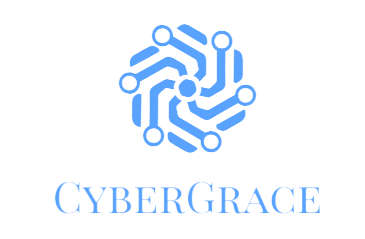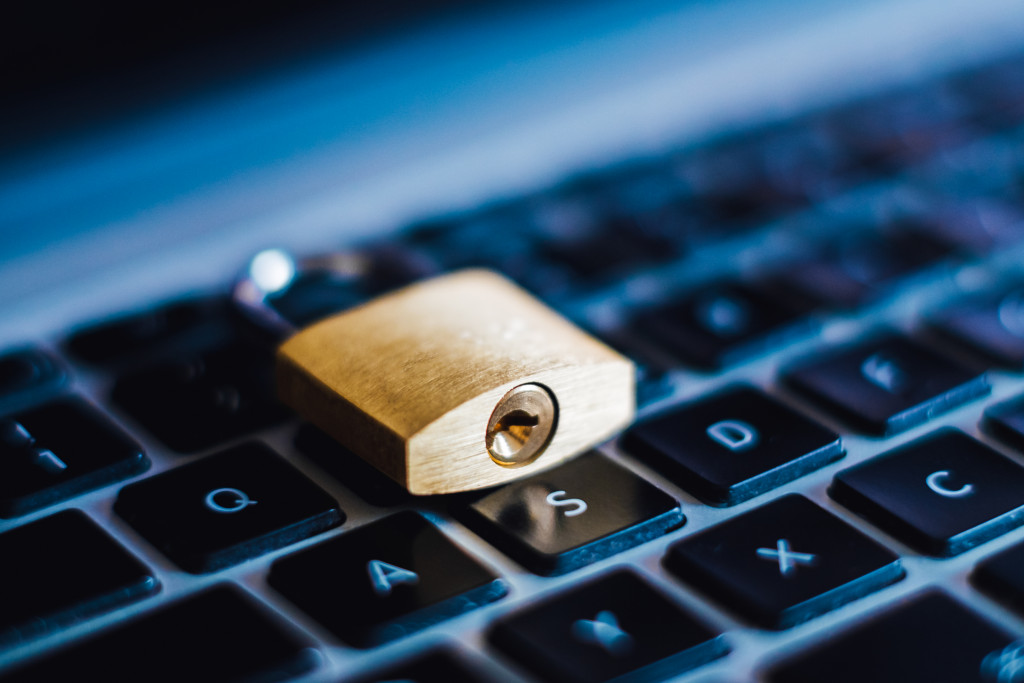Companies must realize that the next stage of security and the next stage of growth is digital. If your business data is to be secure, you need to train every staff member on how to safeguard their personal data. The best thing is to ensure that employees only use company devices to access data, programs, and software. But this may not be possible for a small business. Therefore, the task of securing your business also means teaching your employees to secure themselves.
Security is of prime concern when running any business. You must not only ensure that you have a well-trained staff and an effective IT department, but you must also be able to rely on your vendors. Many companies even explore building their own desktops. They look for prototype circuit board assembly providers that could help them build their own office PCs. This is the way to ensure that your security is protected from designer to distributor.
Update Software Regularly
For employees, this means to make sure that your web browser is set to use automatic security updates and updating plugins such as Flash and Java. For employers, this means setting up off-hours automatic updating of the company computer systems. This will take the human error opportunity out altogether and guarantee that your system will always be updated on time.
Anti-Virus Protection
Anti-virus protection software and firewalls are the front liners to ensure that malicious attacks are stopped and block malware from entering your systems and reaching your data. Firewalls help to screen out hackers, viruses and are a great way to prevent the possibility of compromising your data. Set up a firewall that determines which people and programs are allowed access to your devices and software.
Password Management Tool
Employees are only human, and if password measures require them to have an alphanumeric password that is long or it needs to be changed regularly, they may slip up. Some may decide to remember it by using the same password across alll devices. A password management tool helps keep passwords secure. It also ensures that employees keep their passwords safe.
Multi-Factor Authentication
Even if you use a two-factor authentication service, it adds a secure additional layer of security to online identification. Multi-factor authentication is becoming increasingly important in this time when telecommuting is becoming the norm. Accessing sensitive data such as client information needs to happen in a way that ensures the system catches any attempts at using malware. Additional authentication can take the form of a Personal Identification Code, additional passwords, fingerprints, sending an SMS code that needs to be input, and many more. It is up to the business to decide how many additional layers are necessary for the security of the data.

Screen Emails
Phishing remains a popular scam among hackers and malicious entities trying to break into business systems. One way to make sure that your employees never need to deal with phishing is to set up your internal computer system to screen all emails.
Outside the office, advise employees to never open emails from people they do not know, learn to hover over a link to check its destination before clicking, and check with senders before opening an email that looks suspicious.
Smart hackers may take information from one employee out of their personal device and try to use that to fool an employee within the firewalled company system. But employees who work together should realize when an email seems different from what they are used to receiving. If an employee receives an email from a colleague they do not collaborate with, it is suspicious and should be verified via phone call. Phone calls are preferred in this case as SMS and mobile phones could be compromised if the attempt is a large scale effort by malicious hackers.
Be Wary of Downloads
Make it a rule that only the IT department can authorize and download within the company. Downloads are a popular tactic used by hackers to get inside a firewalled system. By ensuring that only the experts handle the downloads, limiting or disallowing downloads by any other employee, and encouraging unnecessary browser extensions, you can keep a close watch over what enters your system. The IT department is also more well-versed in knowing how to download correctly. They have the expertise to use a custom install and keep an eye out for unnecessary add-ons and extension pop-ups.
Being overly suspicious is the benchmark for ensuring the cybersecurity of your company and systems. In a world where entire multinational conglomerates have been held ransom by hackers who could get inside their firewalls, it is smart to be vigilant. The reputation you develop for security and safety will reassure your clients and drive more potential customer traffic towards your business.

